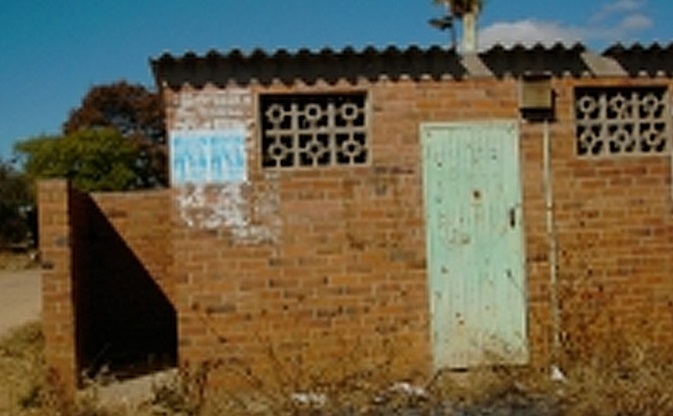Bulawayo Progressive Residents Association (BPRA) has reiterated that permitting private businesses to operate public toilets creates a situation where residents may be denied free access to public ablution facilities.
This was said by BPRA Executive Chairperson, Thembelani Dube, in an interview with CITE.
Dube was reacting to suggestions contained in the health, housing, and education report in the latest council minutes.
The minutes stated that due to the acute water shortages affecting the city, the health department had been forced to close some public toilets as it was becoming difficult to keep them clean.
“The water shortage challenges forced the department to close some toilets as they could not be kept clean when there was no water,” the minutes read. “In response to the closure, some shop owners and vendor committees operating close to public toilets asked to operate the toilets for their clientele.”
“The departments noted that communities close to the public toilets could bring stored water from their premises to keep the toilets clean, a potentially viable partnership during these trying times.”
The minutes further stated that the department recommends inviting applications from business operators, vending committees, organisations, or individuals who might be willing to operate public toilets for free.
Successful applicants would be given zero-fee service agreements on the condition that the toilets remain open and free to the public.
Dube said that BPRA has maintained the stance that all public toilets must be run by the council to avoid situations where residents may be made to pay for them.
“We have always maintained that public toilets are for the people and they must always have access to them,” Dube said.
“There have been complaints from residents that sometimes they struggle to access public toilets because of the charges. We have residents who have illnesses and conditions that require them to use toilets regularly. Some may have emergencies and need to use the restroom immediately.”
“Our suggestion to the council would be for them, if they do not have adequate resources to run the public toilets, to factor in a small percentage to the monthly rates,” Dube continued. “That amount could be channelled towards the maintenance of the public toilets. At least even one percent per household would make a difference.”

